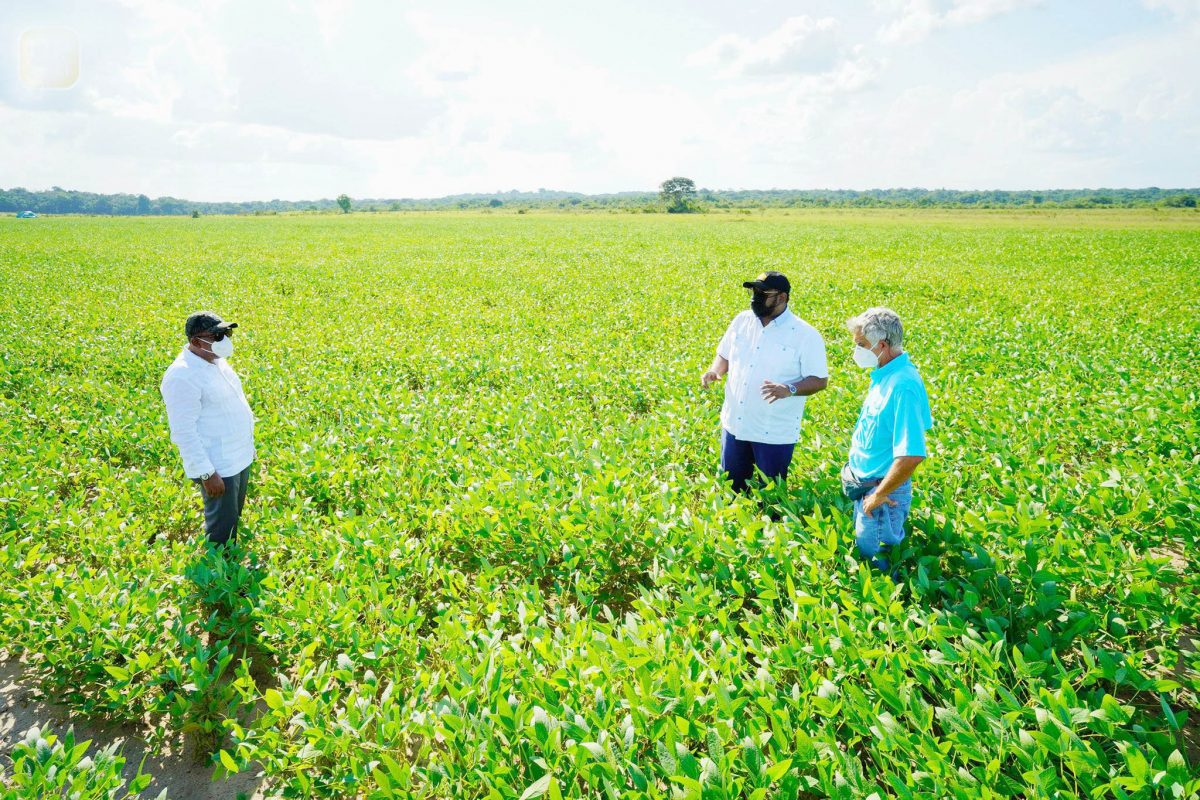The people of the Caribbean have largely forgotten the art of farming, and it is imperative that we relearn the skill.
This was a common lament among CARICOM’s leaders at the opening ceremony of the Agri Investment Forum and Expo II at the National Academy for Performing Arts on Friday.
Barbados Prime Minister Mia Mottley raised the concern during her speech at The Lord Kitchener Auditorium, noting that as the region embarks on a drive to increase food production and reduce the overall food import bill, large-scale training will be required.
“We have to admit, regrettably, that many of our people have lost the art of farming and lost the knowledge and therefore the pivotal role of those videos as well with the support of the extension services in our Ministries of Agriculture will become critical,” said Mottley.
She said it was crucial for the people of the Caribbean to re-learn how to grow their own food not simply to achieve CARICOM’s 25 by 25 goal, but to also address growing health concerns due to the consumption of unhealthy meals.
“Food and water are the new oil, let us get to the task to ensure that all of our people not only benefit from it in terms of their health, but also in terms of their pockets,” said Mottley.
“We have to do it not only because of the economic requirements but because of the health requirements. The reality is that every major health site will tell you about the appropriate use of low glycemic foods. Most of that we grow here but our youngsters eat macaroni pie and fries. We’ve got to change that,” the Barbados Prime Minister lamented, “It’s not good enough for us to make speeches about colonialism in supermarkets, if we’re not prepared to change people’s access to the food.”
The dissipation of home-grown crops was also acknowledged by Prime Minister Dr. Keith Rowley, who said the tradition of growing food in back yards and rearing animals, dwindled from generation to generation.
“When I grew up in Tobago every household had yard fowls most neighbours had a pig or a sheep or a goat in the backyard and everybody had a patch of something growing somewhere,” said the Prime Minister, who further explained that as time went on the art of growing crops at home was largely lost.
“The most important challenge that we have is who going to do this farming because a lot of the people who farmed when we were farming and were self-sufficient are no longer with us. We are their grandchildren or their great-grandchildren. They have not been replaced and that is why the youth programme is so important. That we are introducing our young people to an endeavour, to a business that is not only lucrative if it is well done, but it can save us from starvation is happening,” he said.
The Prime Minister called on the region’s universities to play their part in this much need training that was needed across the region.
“We have gone past the stage where the University of Guyana, the University of the West Indies, and the University of Trinidad and Tobago are luxuries and ivory towers. They need to get involved in helping us solve these problems, training our young people,” said the Prime Minister





